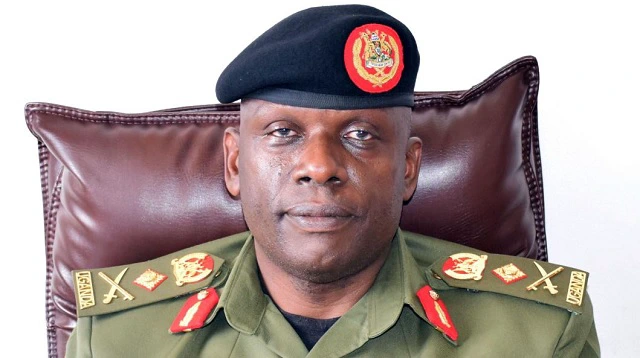"How Can You Be a Judge in Your Own Case?" Besigye’s Lawyers Breathe Fire in Court Martial

Lawyers representing Dr. Kizza Besigye and Hajj Obeid Lutale raised critical concerns over the impartiality of the General Court Martial (GCM) in their ongoing trial.
They argued that the nature of the tribunal, being an organ of the defense forces, inherently compromises its ability to deliver a fair and impartial judgment.
During the heated court session, the defense team questioned the fairness of a tribunal that simultaneously investigates, prosecutes, and judges cases involving civilians.
“How can you be a judge in your own cause?” the lawyers asked.
The defense counsel argued that the tribunal, being part of the military establishment, cannot be considered impartial in any way.
They emphasized that the Constitution guarantees every individual the right to a fair trial before an independent and unbiased tribunal.
According to the lawyers, the GCM’s dual role as part of the defense forces and as a judicial body contradicts this fundamental constitutional principle.
The issue of impartiality has long been a contentious point in cases involving civilians tried in military courts.
The defense highlighted that such proceedings undermine the rule of law and blur the line between military authority and civilian judicial processes.
The state, however, defended the tribunal’s jurisdiction, asserting that the GCM is legally empowered to hear cases involving security-related offenses.
Despite this, the defense team maintained their stance, arguing that the military court’s structure and affiliation with the defense forces disqualify it from being an impartial adjudicator.
LINK: https://x.com/SNabakooza1/status/1879105753262543352
The exchange has reignited debate over the role of the General Court Martial in Uganda’s justice system, with critics calling for reforms to ensure that civilians receive fair trials under civilian courts.
The case continues to draw public attention, highlighting the delicate balance between state security and constitutional rights.



0 Comments